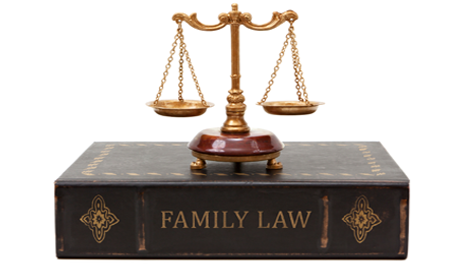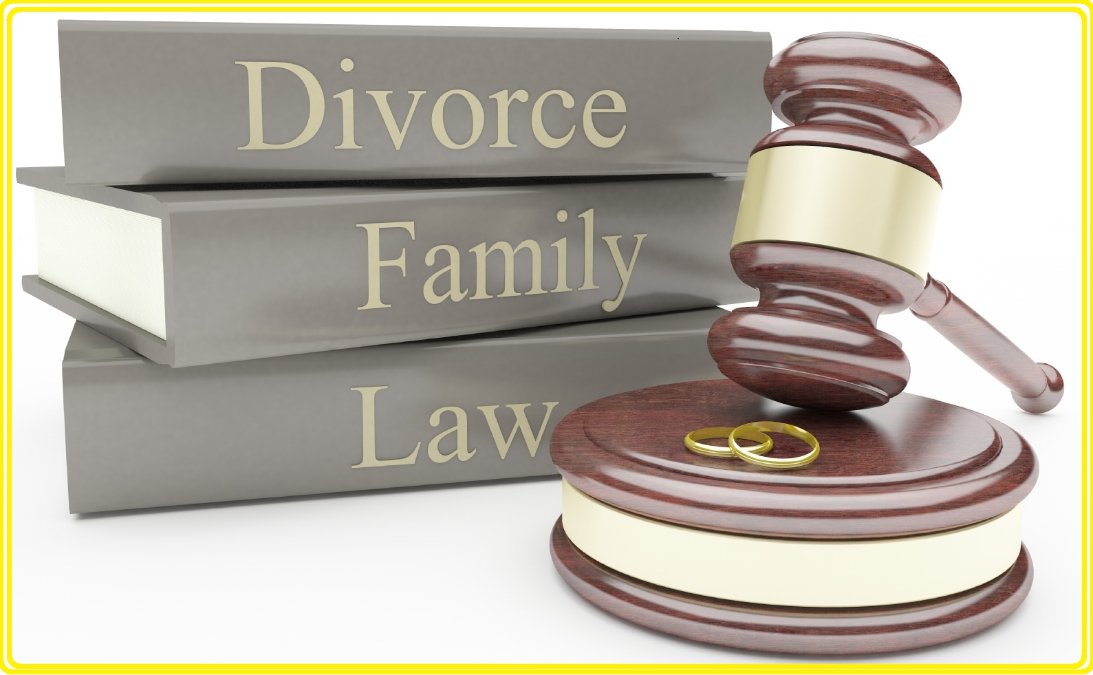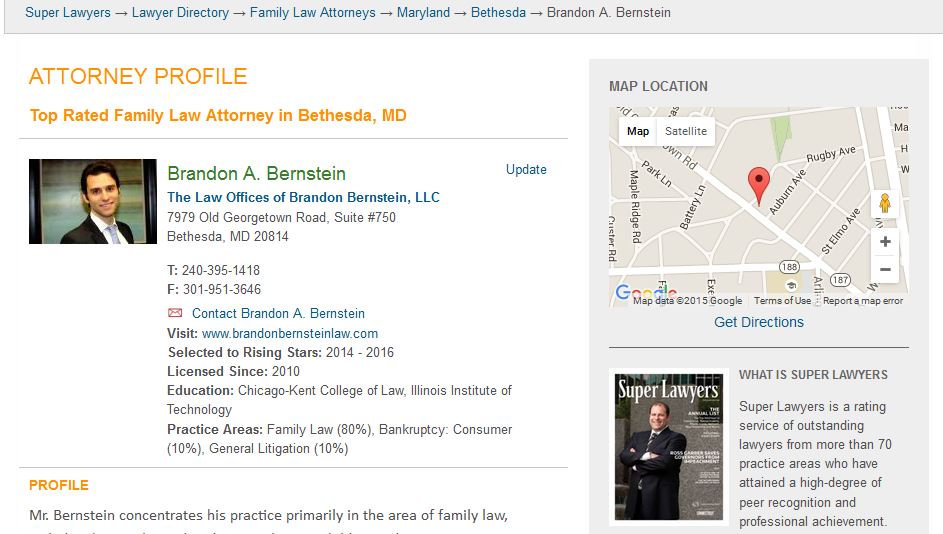
Mar 9, 2016
Pendente Lite Hearings & Relief for Family Law Issues
Family Law by The Law Offices of Brandon Bernstein
What is a pendente lite hearing? In a divorce or custody case, either party may request a pendente lite hearing for pendente lite relief. Pendente lite means “pending the litigation”. Accordingly, pendente lite relief allows either party to request temporary custody, access, child support, alimony, and other temporarily relief between the time the case is filed and the time of your final trial.
Read More







